
AeroGenie — Votre copilote intelligent.
Tendances
Categories
Delta Air Lines Avoids Tariffs by Repurposing Airbus Engines
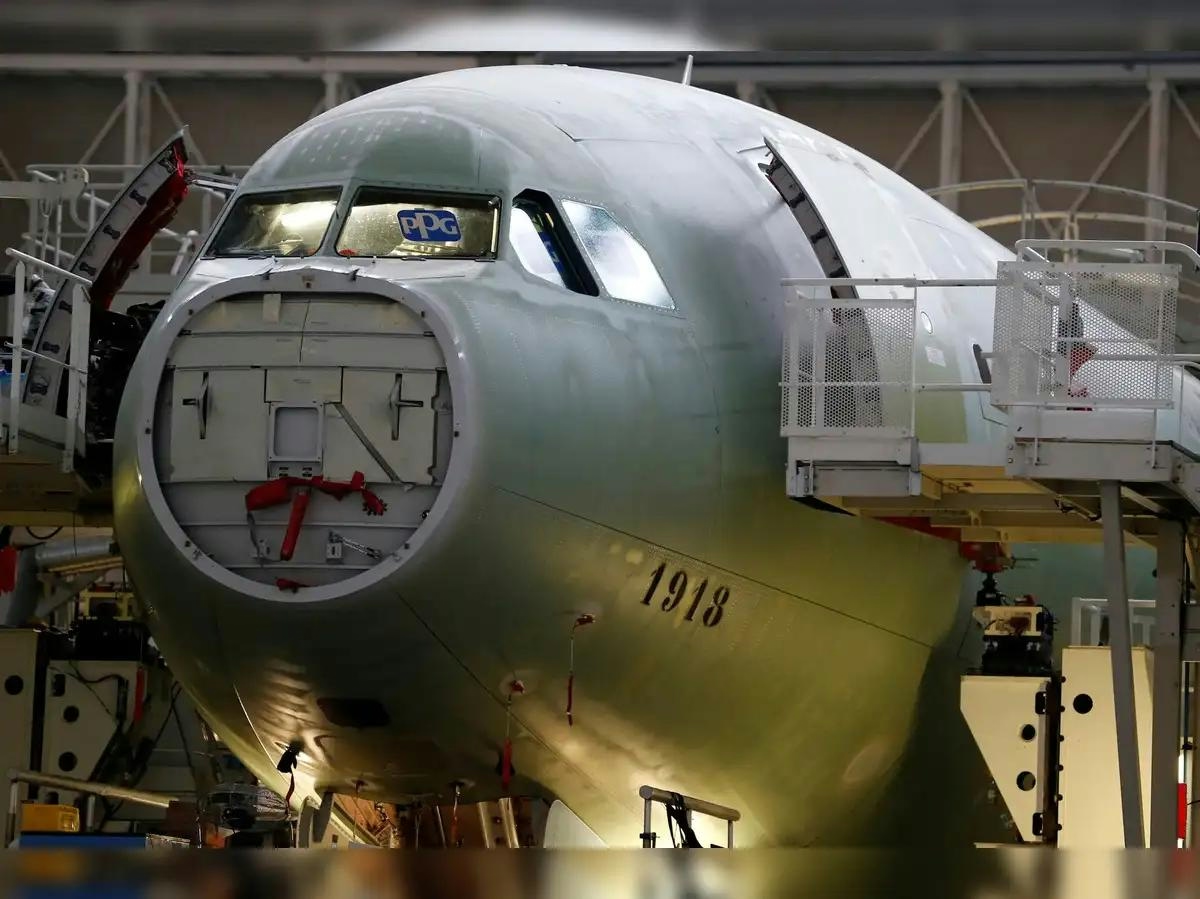
Delta Air Lines Sidesteps Tariffs by Repurposing Airbus Engines
Delta Air Lines has implemented a strategic response to circumvent tariffs imposed on aircraft imports between the United States and Europe. These tariffs, which levy additional fees on certain European-built jets, have intensified financial pressures on an industry already operating with narrow profit margins. In a novel approach, Delta removes U.S.-manufactured engines from new Airbus aircraft assembled in Europe and ships these engines back to the United States.
By repurposing these American-made engines, Delta is able to refurbish grounded aircraft within its existing fleet, particularly those sidelined due to issues with their original Pratt & Whitney engines. This method enables the Atlanta-based carrier to sustain fleet growth and operational capacity without incurring the 10% tariff that applies to importing complete aircraft from Europe.
Operational and Regulatory Challenges
According to reports from The Detroit News, Delta’s process involves detaching the U.S.-built engines from new Airbus jets prior to delivery. Since the engines originate domestically, their return to the United States does not trigger import tariffs. Delta then installs these engines on previously delivered but inactive aircraft, effectively returning them to service. This strategy allows the airline to expand its fleet while avoiding the elevated costs associated with new aircraft deliveries under current trade regulations.
Delta CEO Ed Bastian emphasized the company’s resolve to avoid tariff payments, stating, “We are not planning to pay tariffs on aircraft deliveries.” However, this workaround results in some engine-less Airbus jets remaining idle in Europe. Delivery delays are compounded not only by tariffs but also by pending regulatory approvals, including certification for the aircraft’s seating configurations, which prevent these jets from entering commercial service.
This predicament is not exclusive to Delta. Other carriers, such as Lufthansa, have encountered similar obstacles. Last year, Lufthansa was unable to take delivery of Boeing 787-9 aircraft due to the Federal Aviation Administration’s delay in approving the seats in its new Allegris cabin. Such regulatory and trade challenges have compelled airlines to adjust delivery schedules and reallocate resources to meet operational demands.
Industry Implications and Future Outlook
Delta’s approach underscores broader shifts within the aviation sector as airlines reevaluate their supply chains and vendor relationships in response to evolving trade policies. The imperative to diversify sourcing—potentially favoring countries less affected by tariffs—may transform how airlines procure parts, conduct maintenance, and select future aircraft. Competitors are likely to adopt similar strategies, intensifying competition for engines and maintenance services.
As the tariff landscape continues to evolve, airlines will need to adapt their network planning, capacity deployment, and aircraft acquisition strategies to mitigate risks and preserve operational flexibility. Navigating these complex regulatory and trade environments remains a significant challenge for global carriers like Delta and Lufthansa, highlighting the critical importance of adaptability in an industry shaped by shifting economic and political realities.
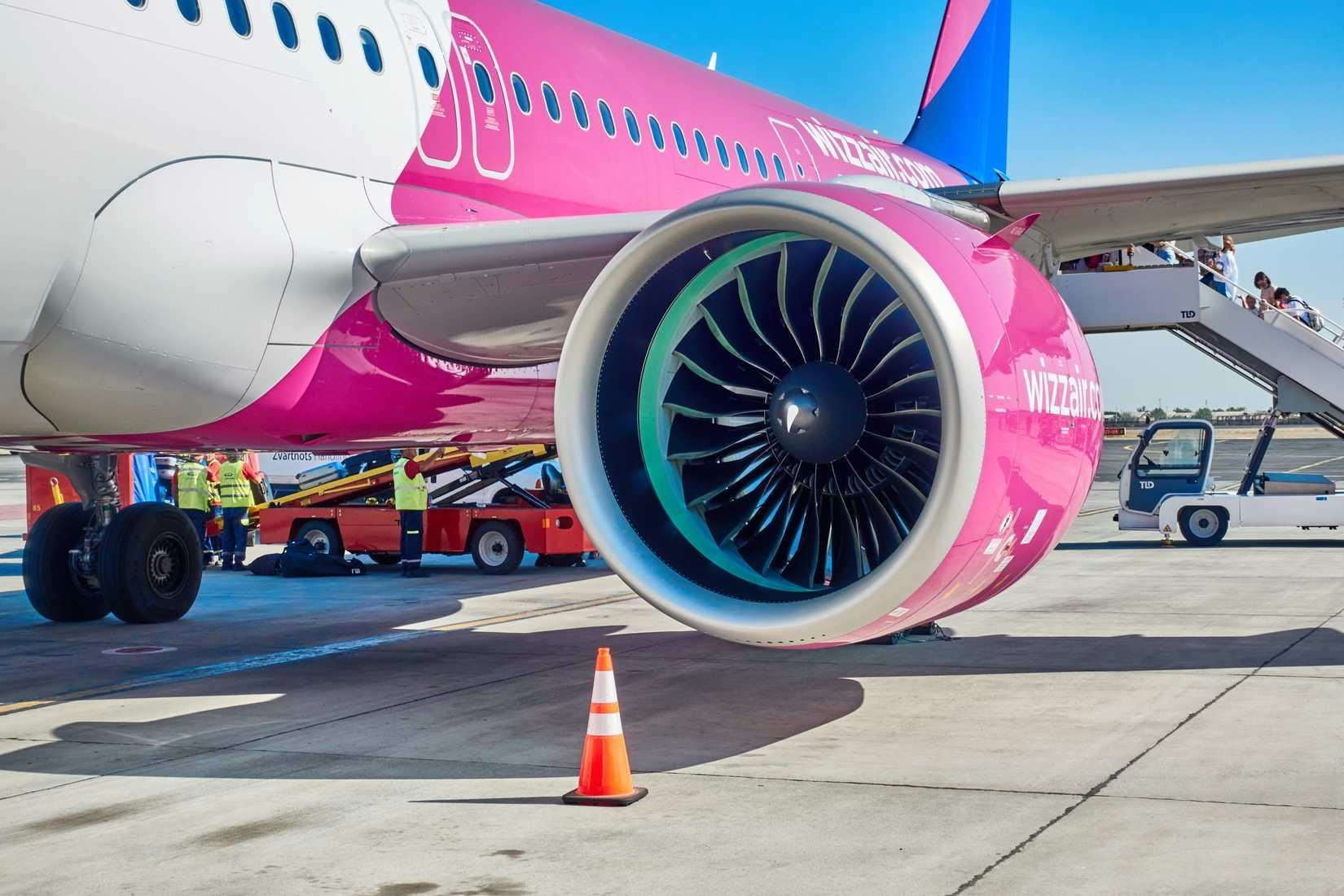
Airbus Surpasses Boeing 737 Deliveries Amid Turkish Airlines’ Potential Order Shift
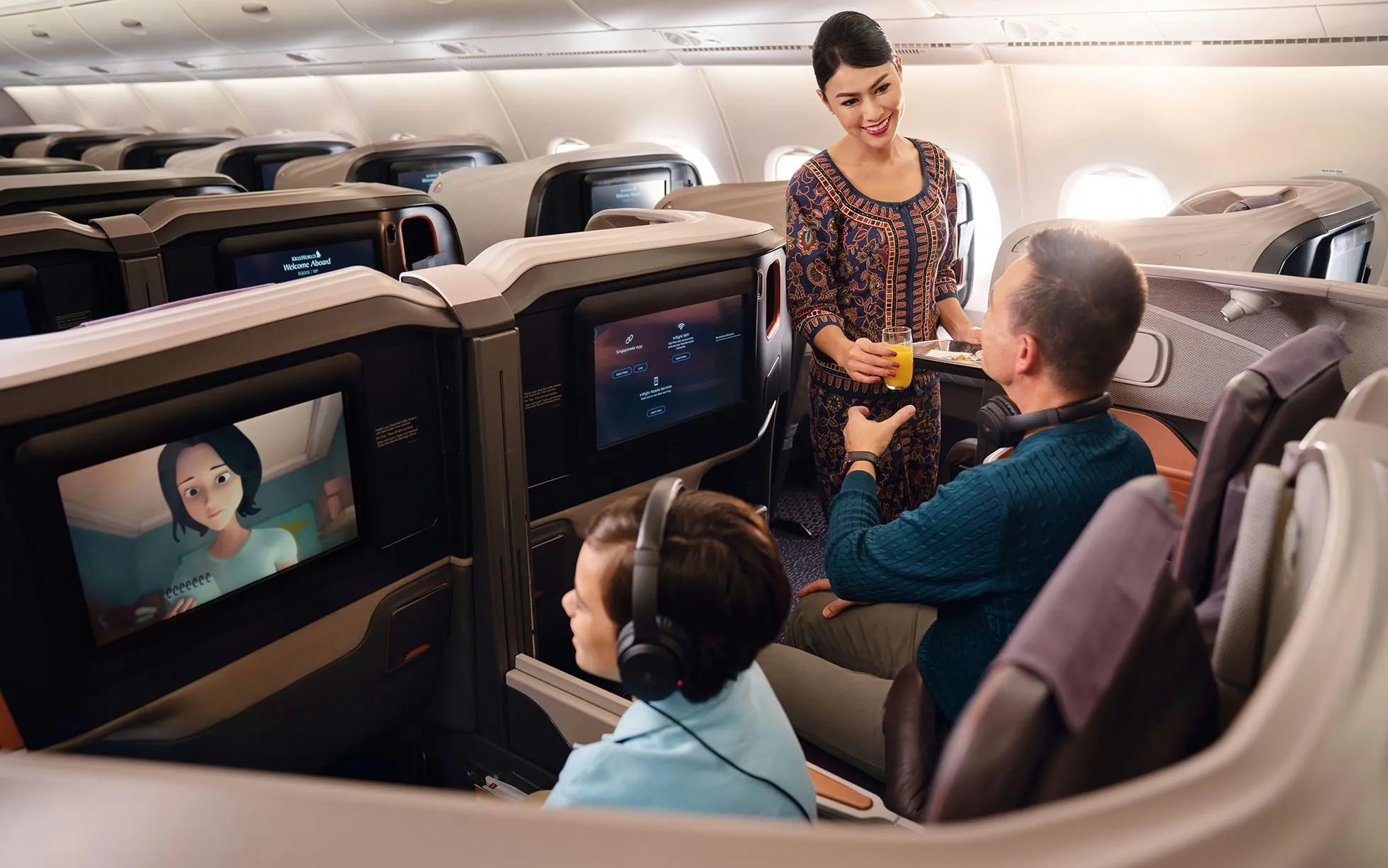
The 15 Best Airlines Worldwide According to Travelers in 2025
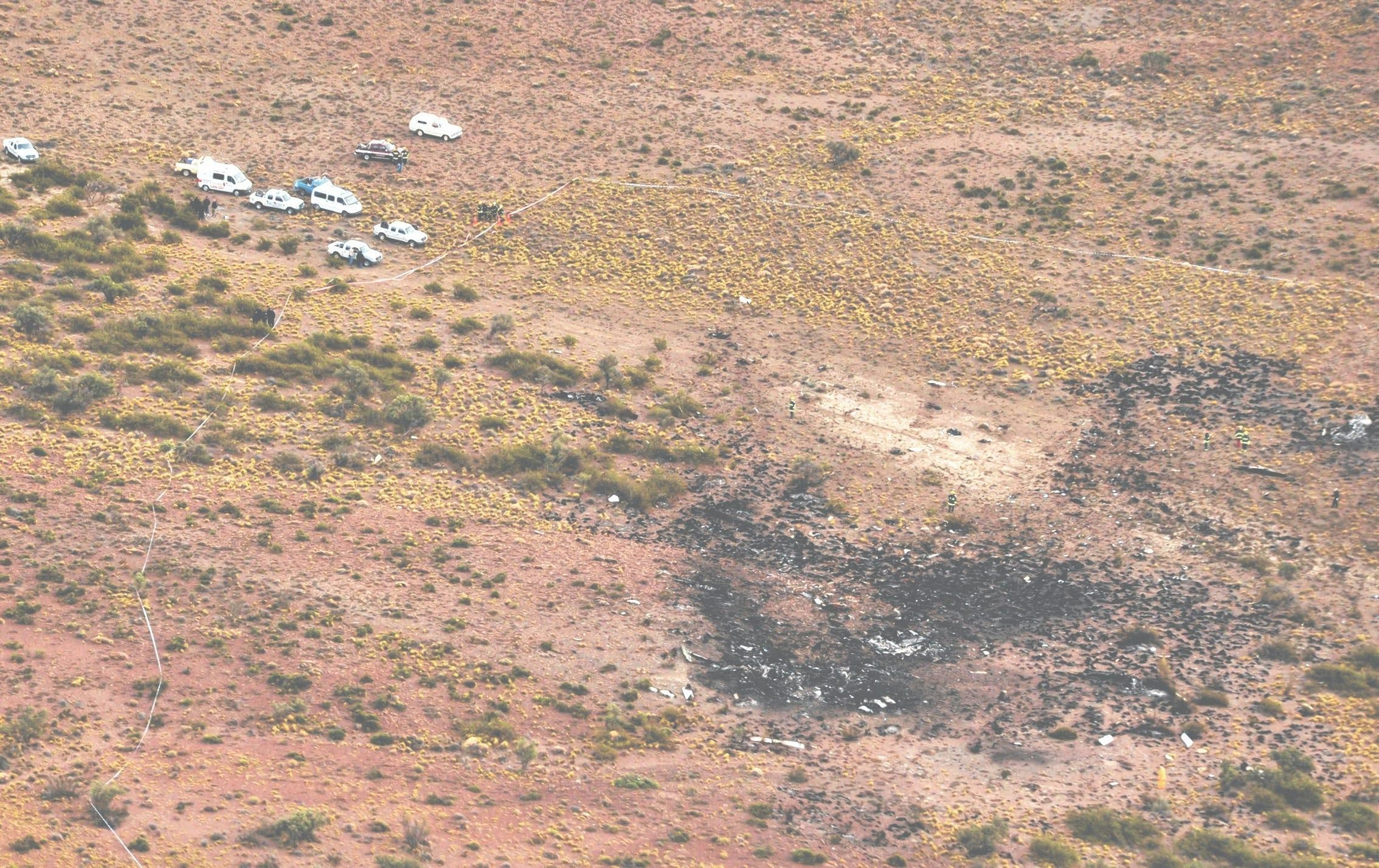
Rex passenger describes 'terrifying' mid-air engine failure days after fire
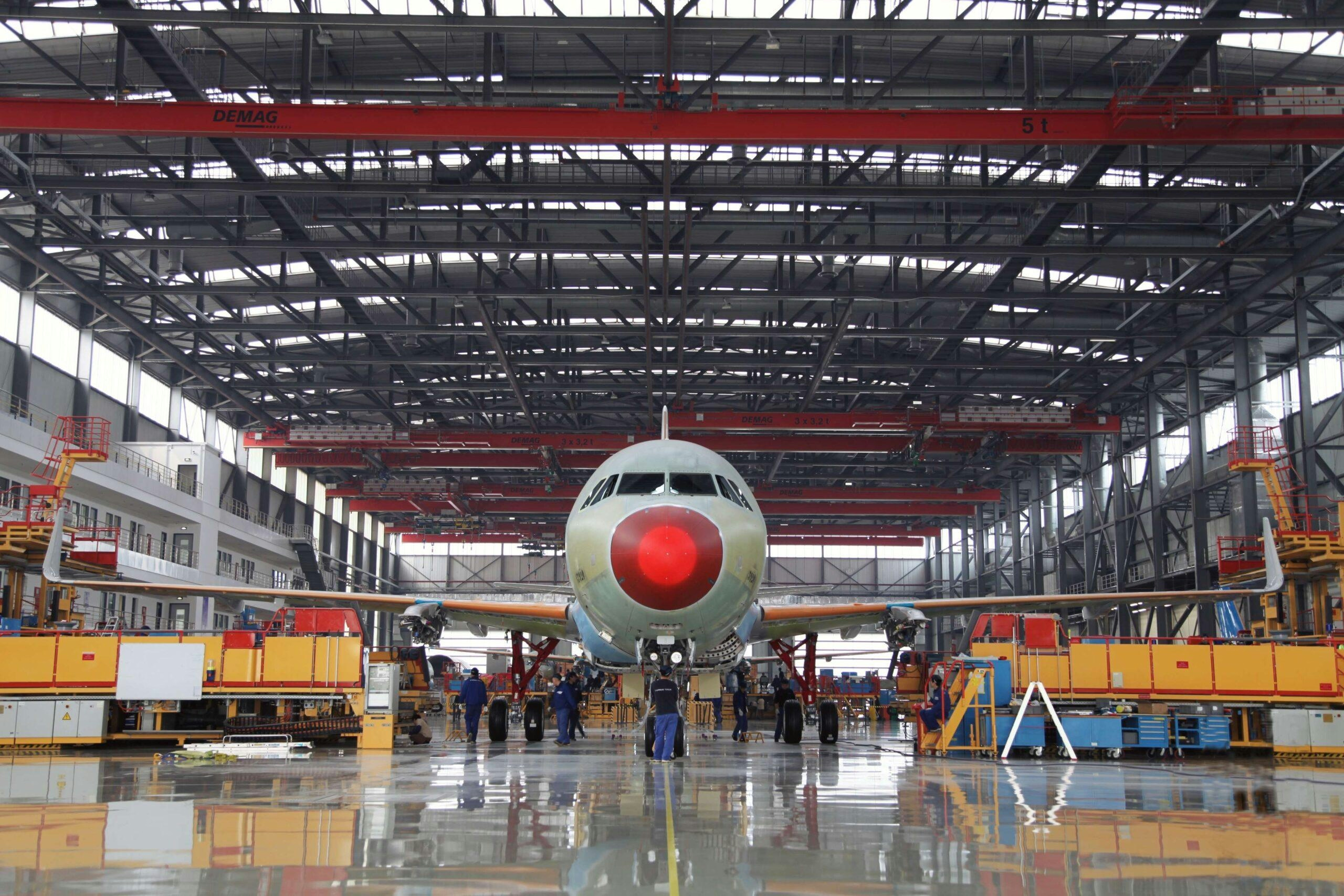
Airbus Forecasts 3.6% Annual Growth in Aircraft Services Through 2044
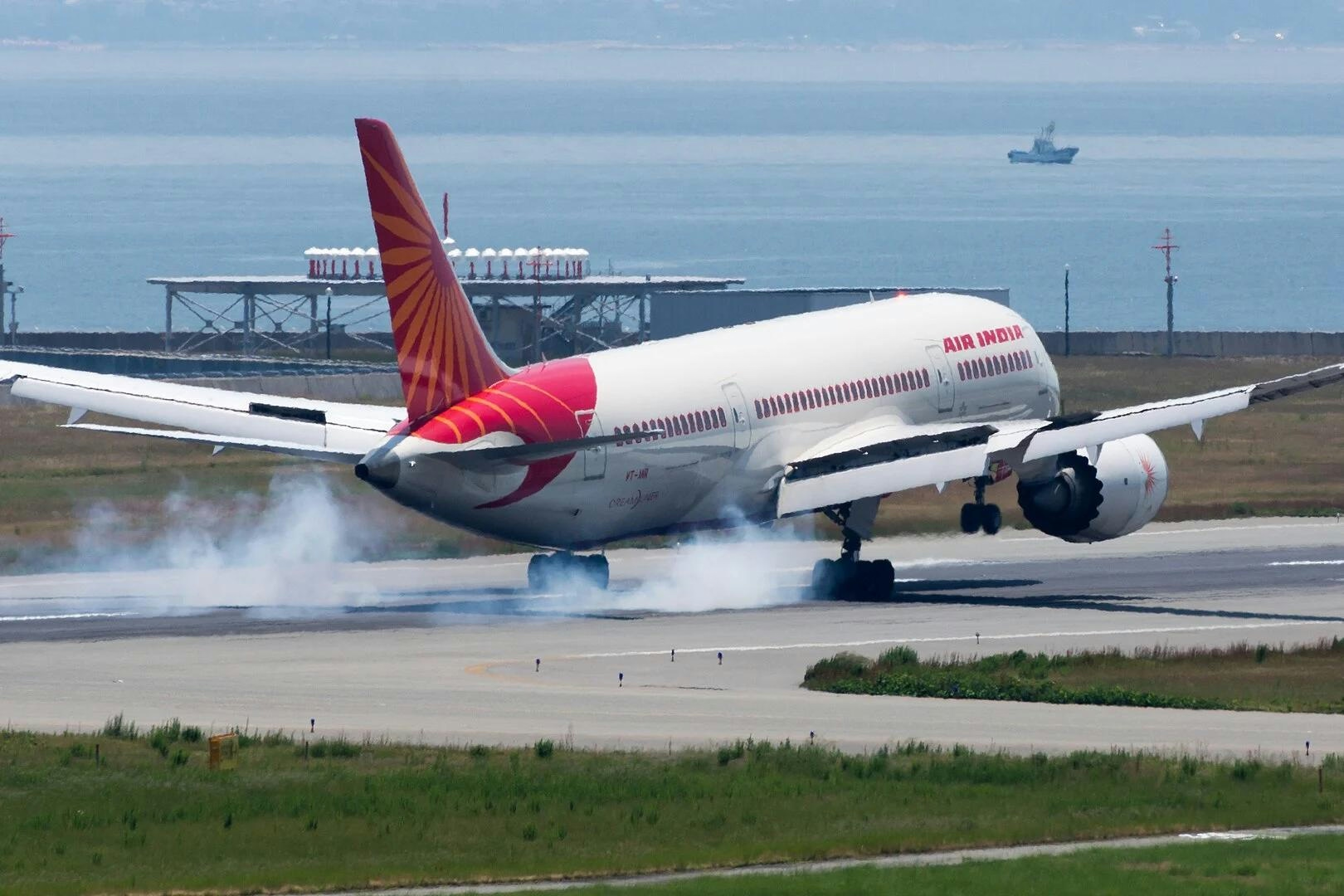
Pilot's association demands grounding of all Air India Boeing 787 flights, cites repeated technical snags

Deloitte Outlines Technology Priorities for 2025
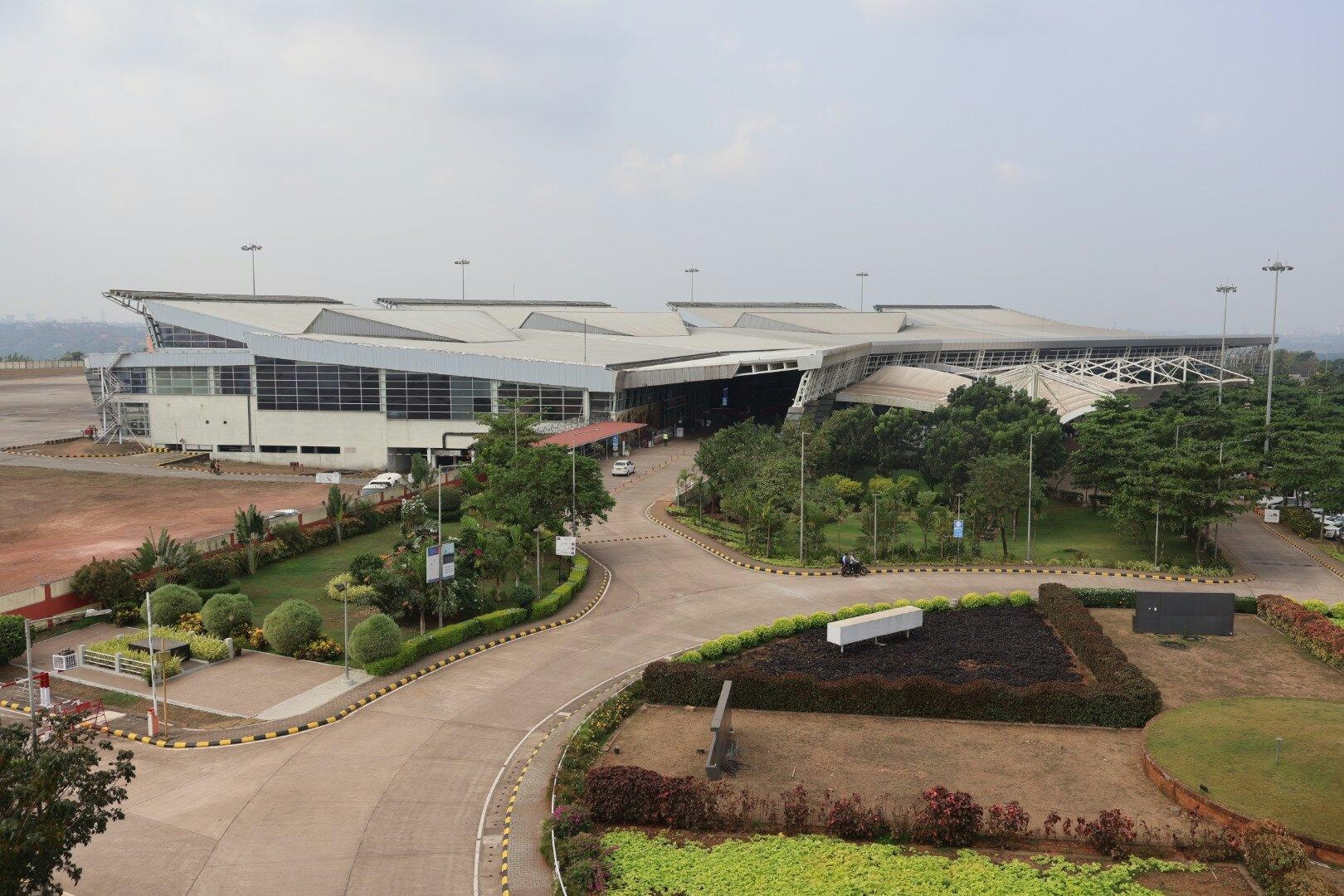
Airports Authority of India Highlights Innovation and Sustainability at Routes World 2025

World Aviation Festival 2025 Announced
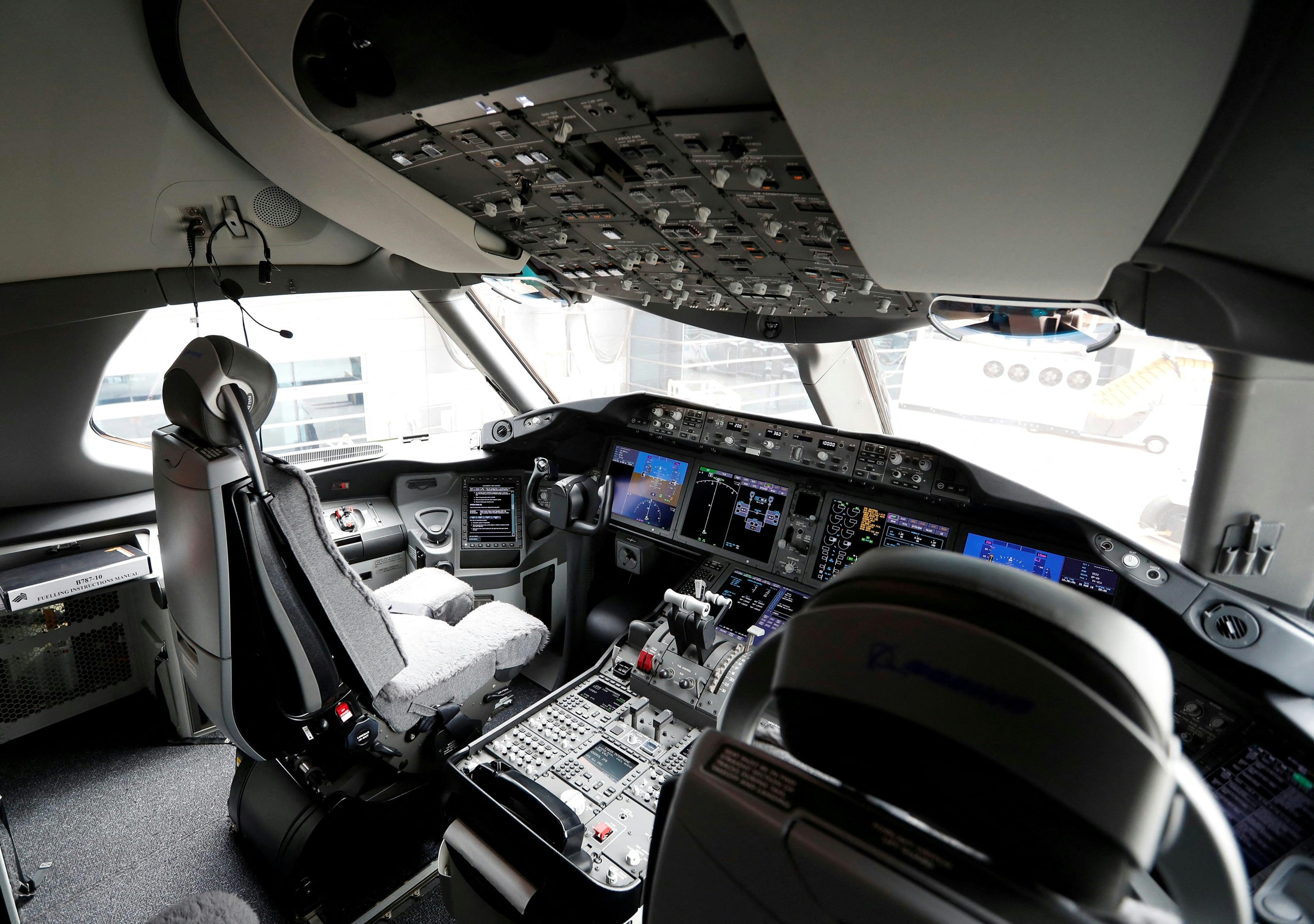
Delhi-Bound AI Dreamliner Diverts to Dubai; FIP Calls for B787 Inspections
